If you use cash, you eliminate the credit card surcharge and you end up paying the lower advertised price. Some gas stations are actually required to put the credit card price as the advertised price on their signs. Some also put “Cash” next to the price on the signs to let consumers know that it’s the cash price. But these laws vary from state to state. To be on the safe side, it’s best to go inside and pay for gas with cash. It’s also a lot safer to pay with cash because nowadays thieves will put skimmers on credit card readers at the gas pump. They can collect your information and make fraudulent charges. Check out our blog on how to spot and avoid a credit card skimmer. So, paying with cash not only gives you the lower price for gas, but it’s also safer.
Here are some tips provided by Consumer Reports on how to avoid credit card surcharges at gas stations:

(844) 602-1555
Copyright © 2023. All Rights Reserved.